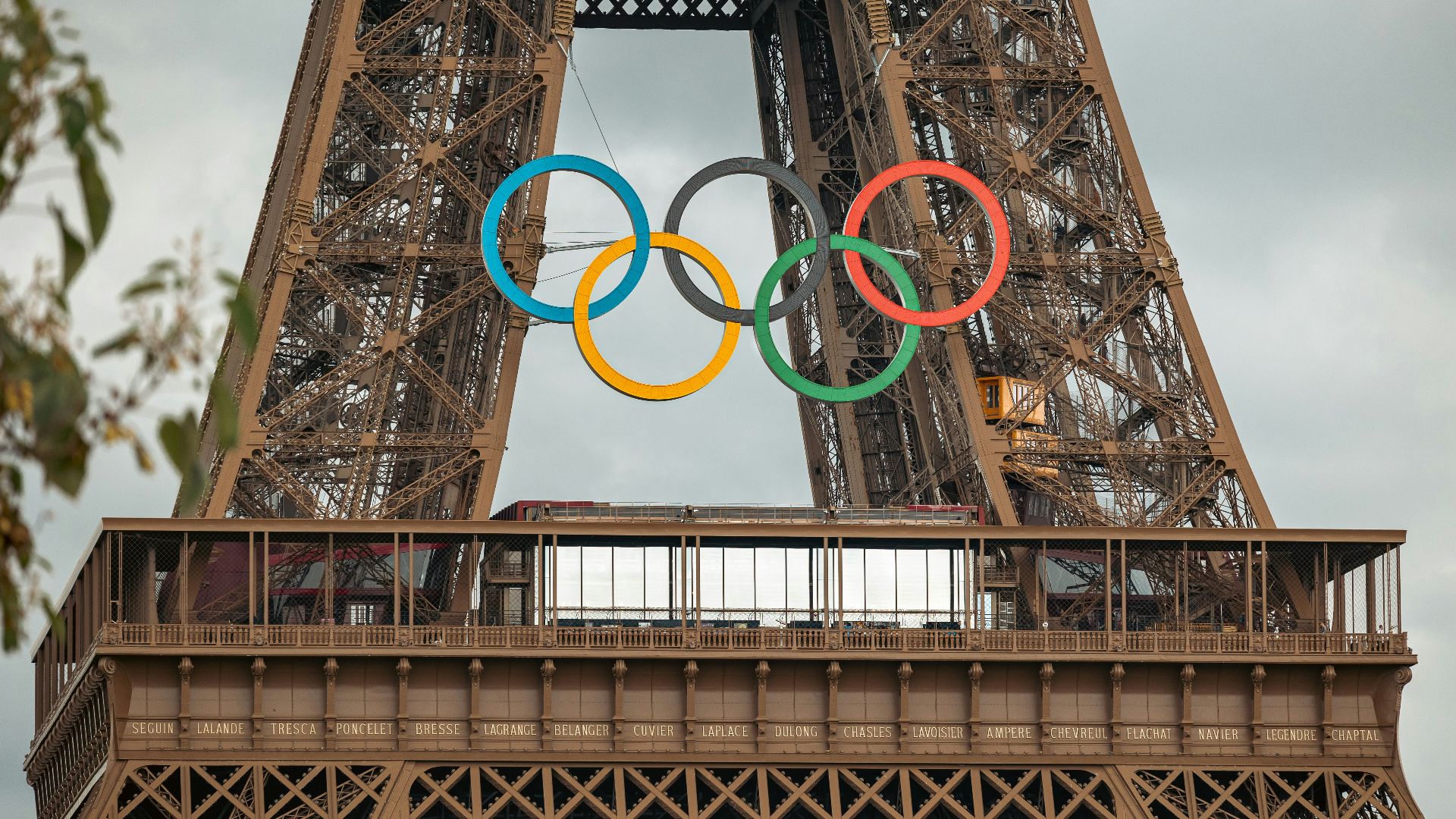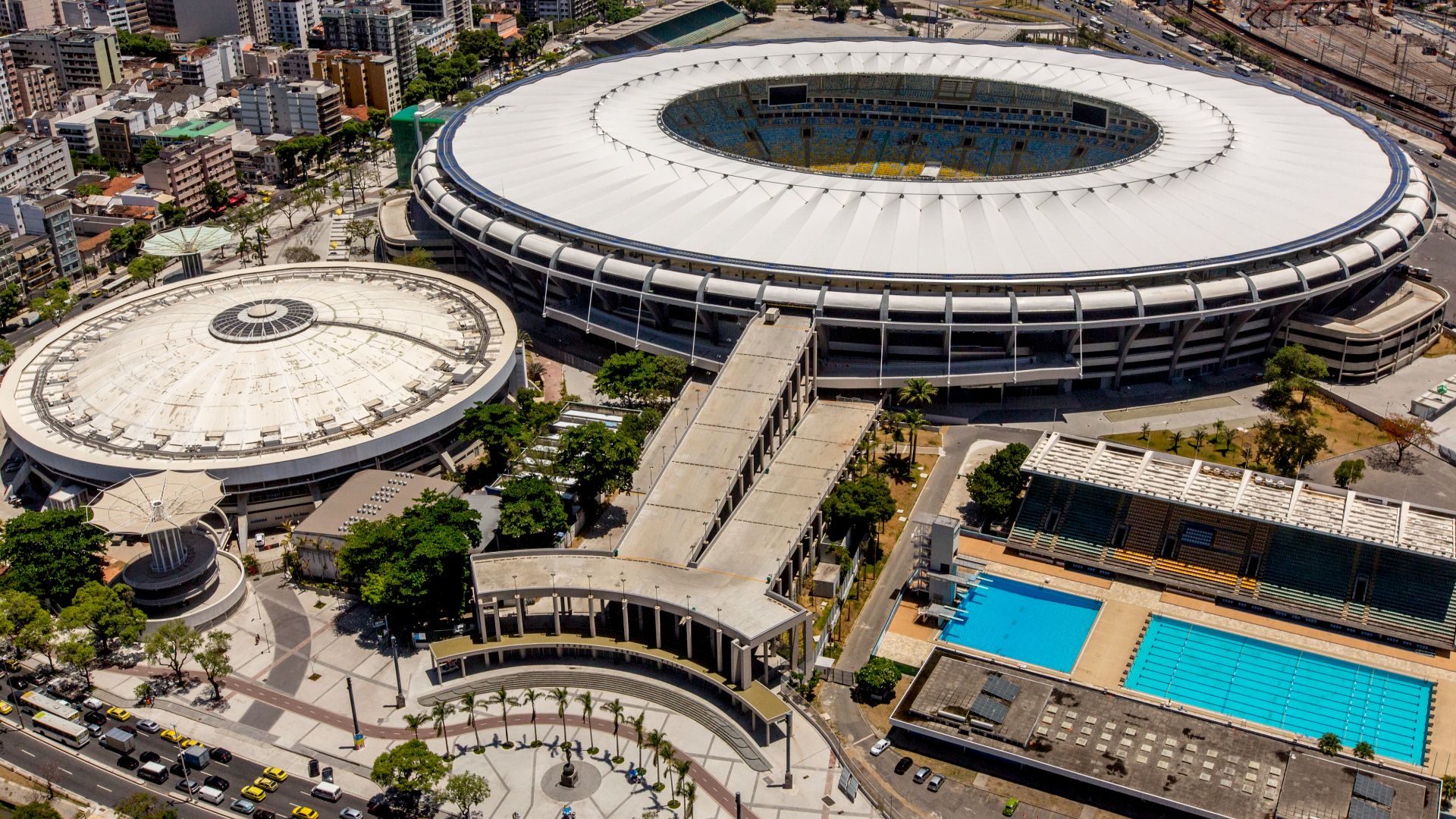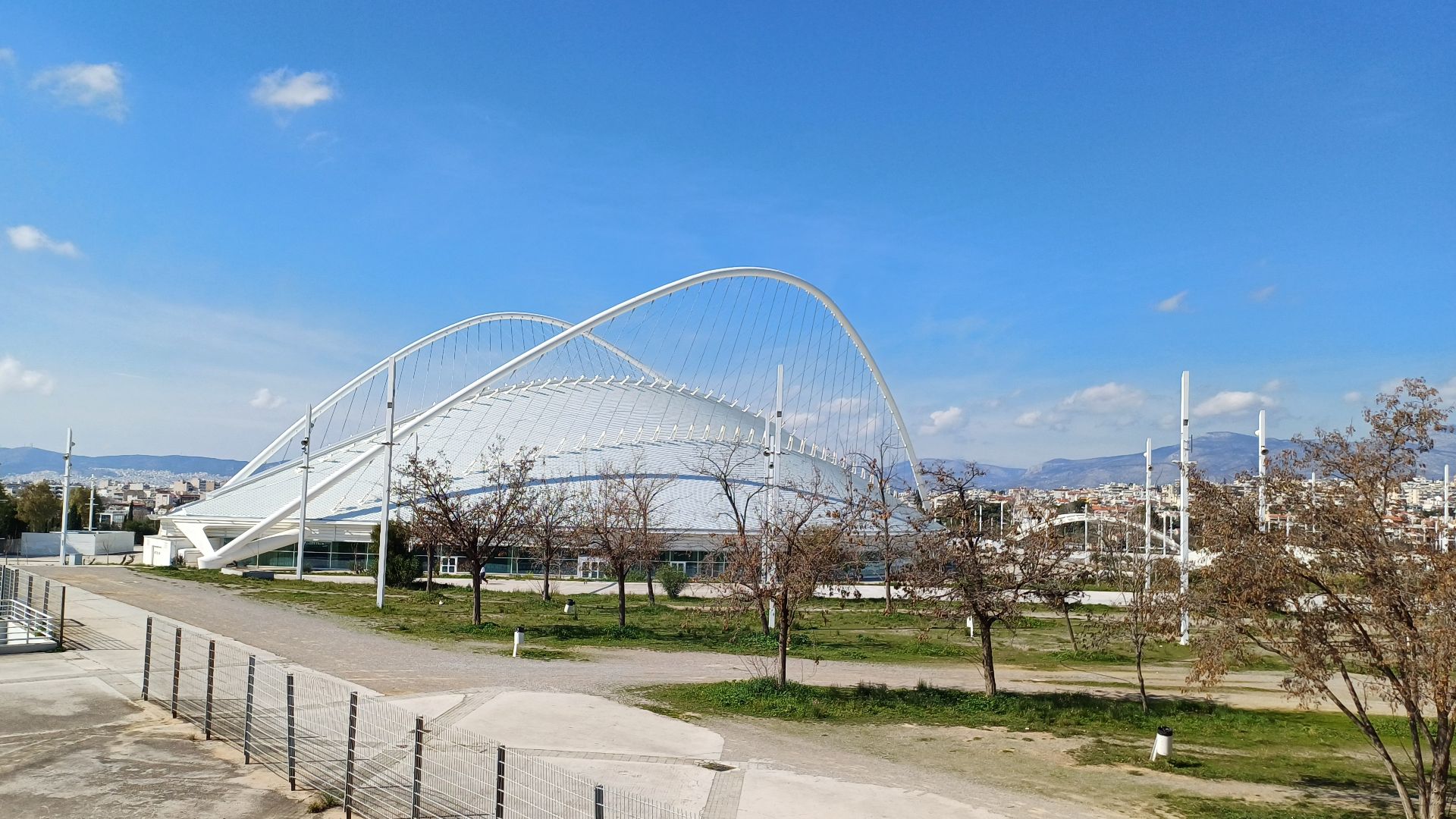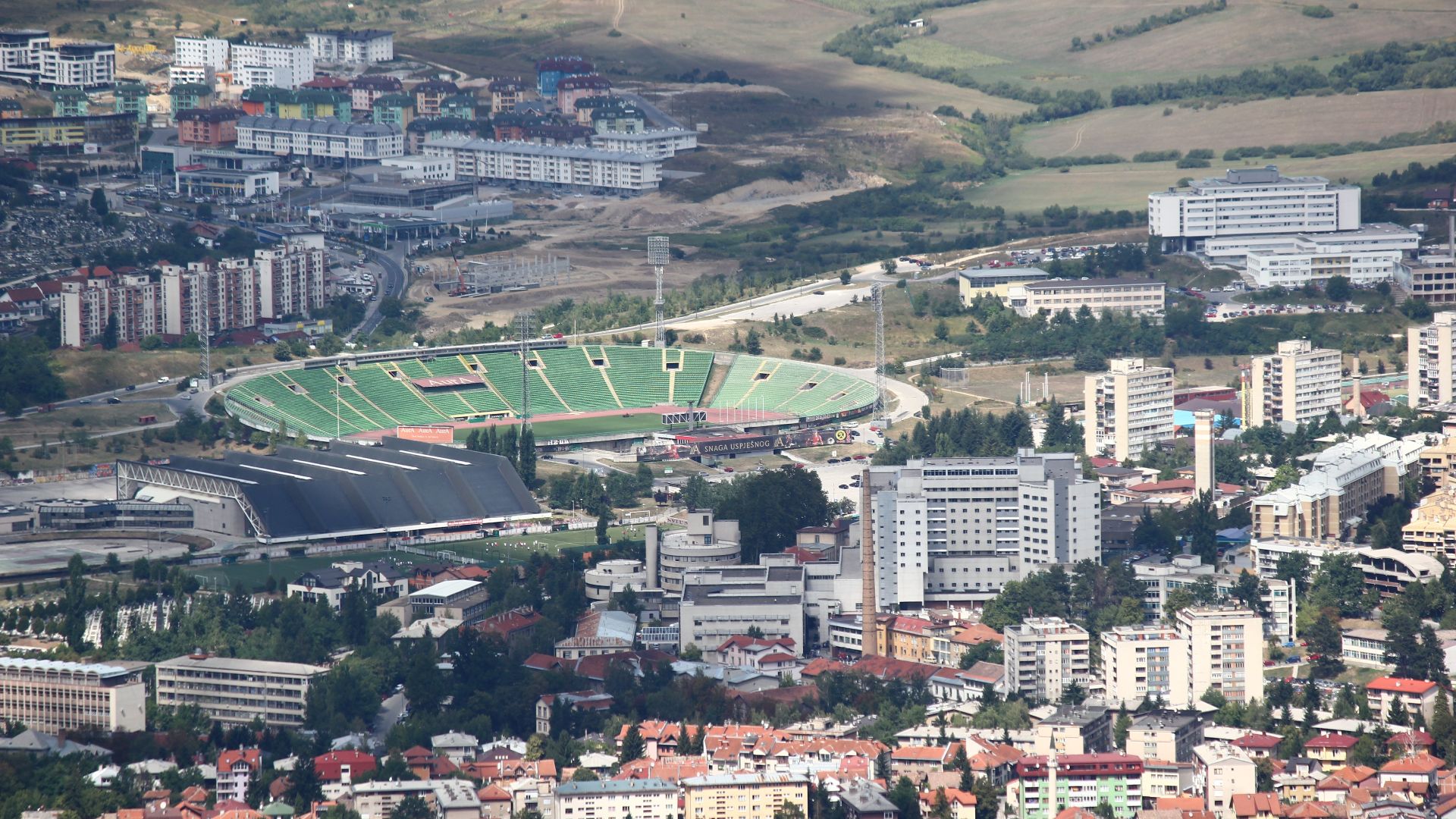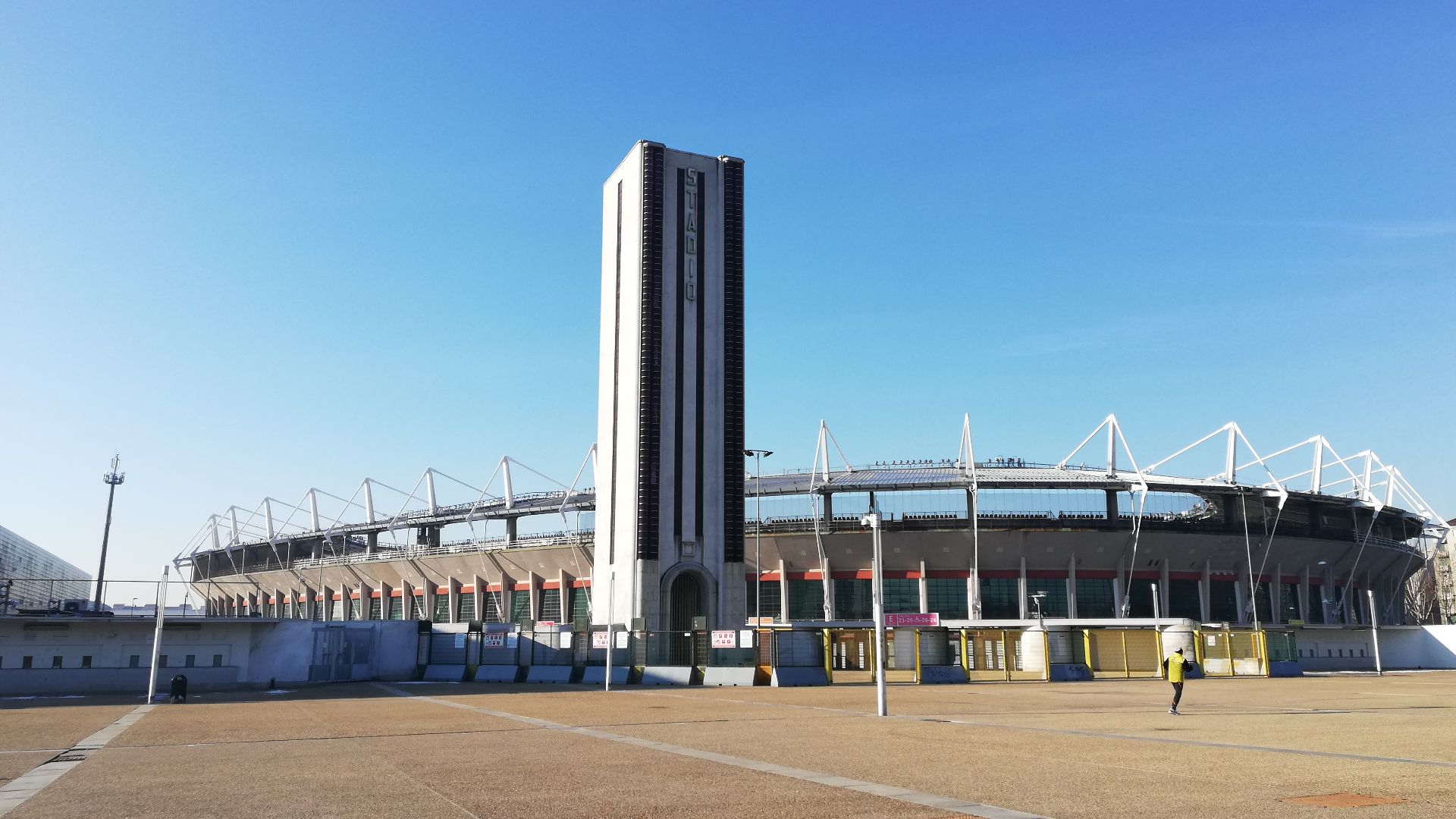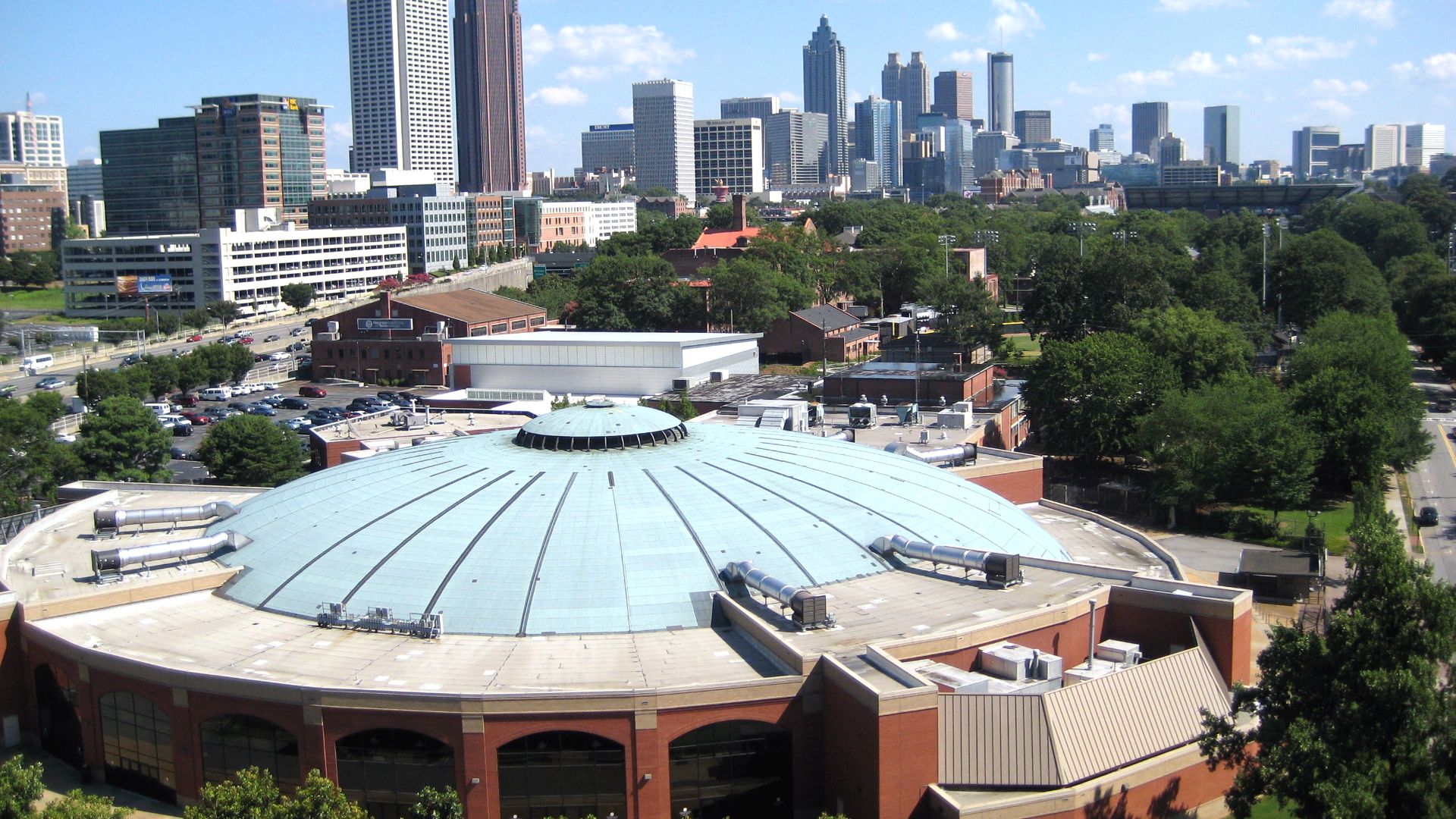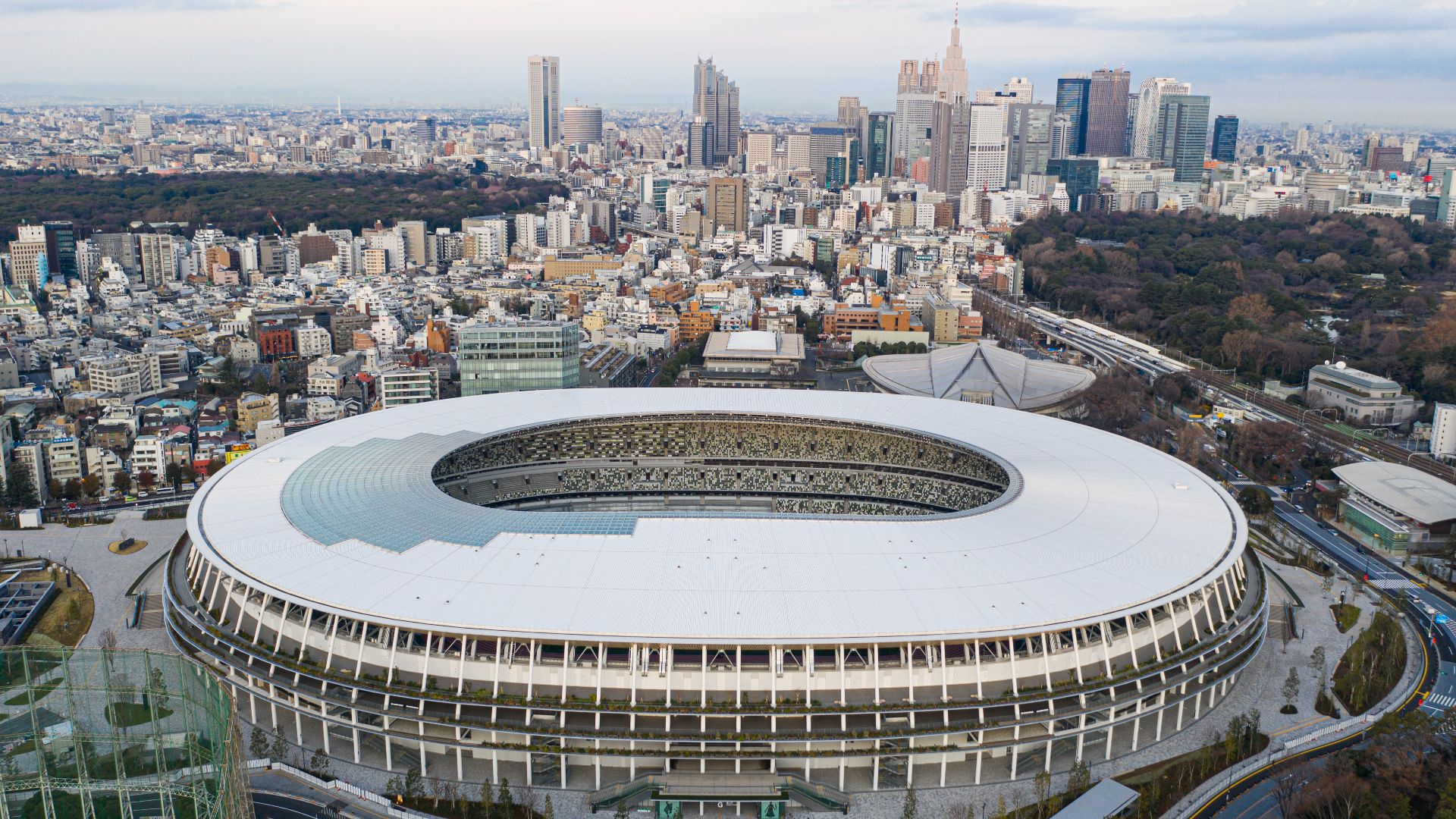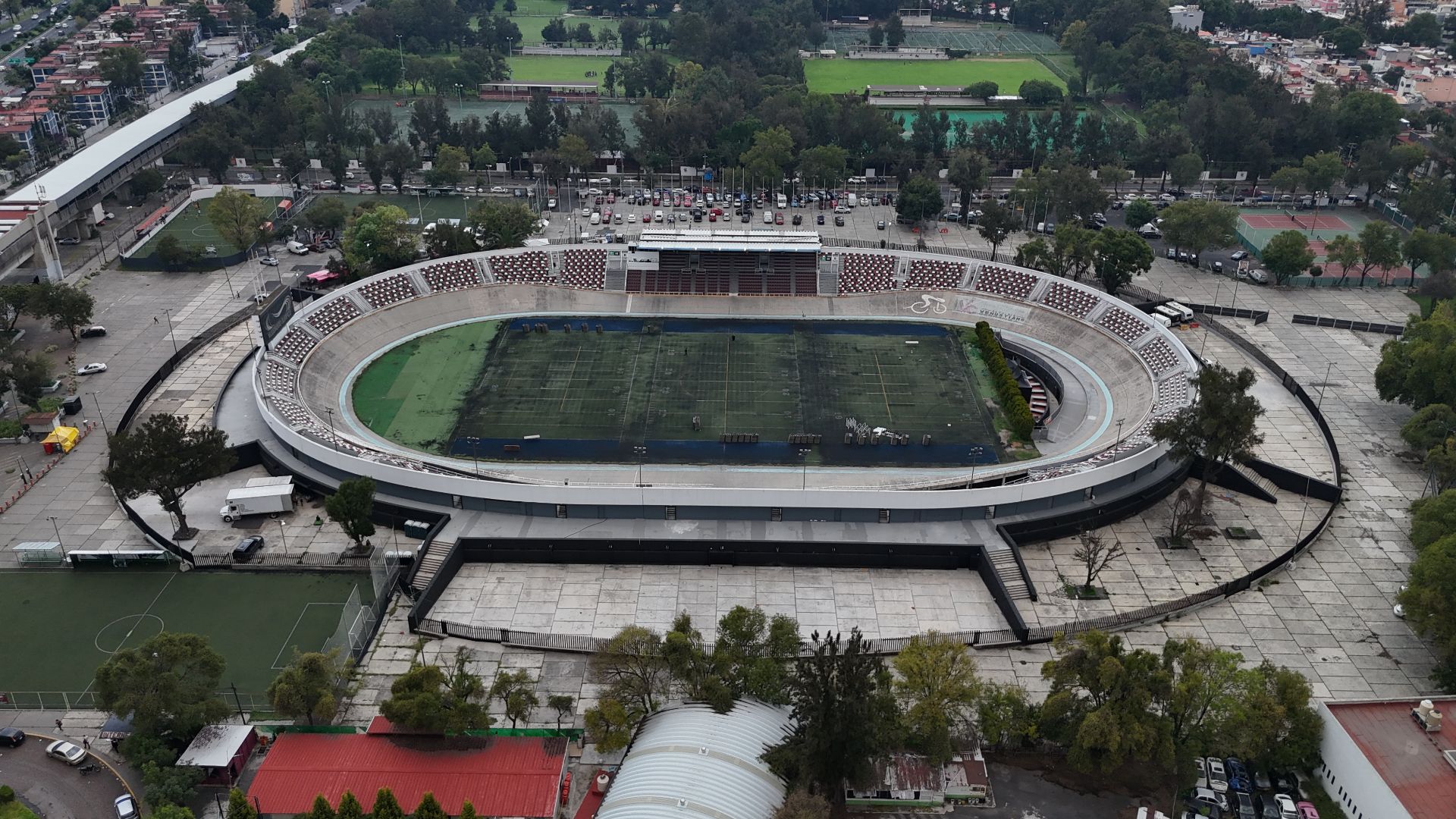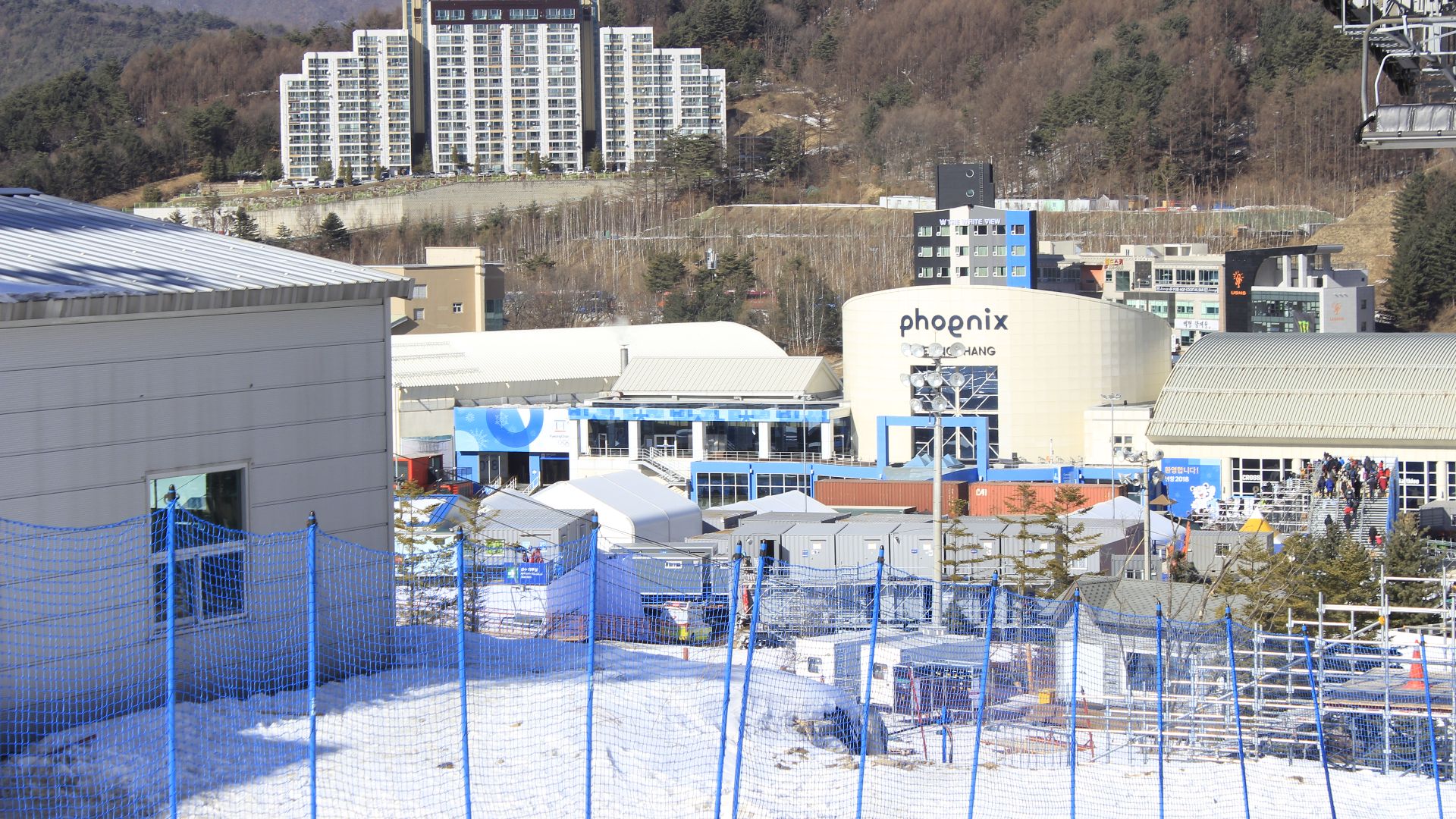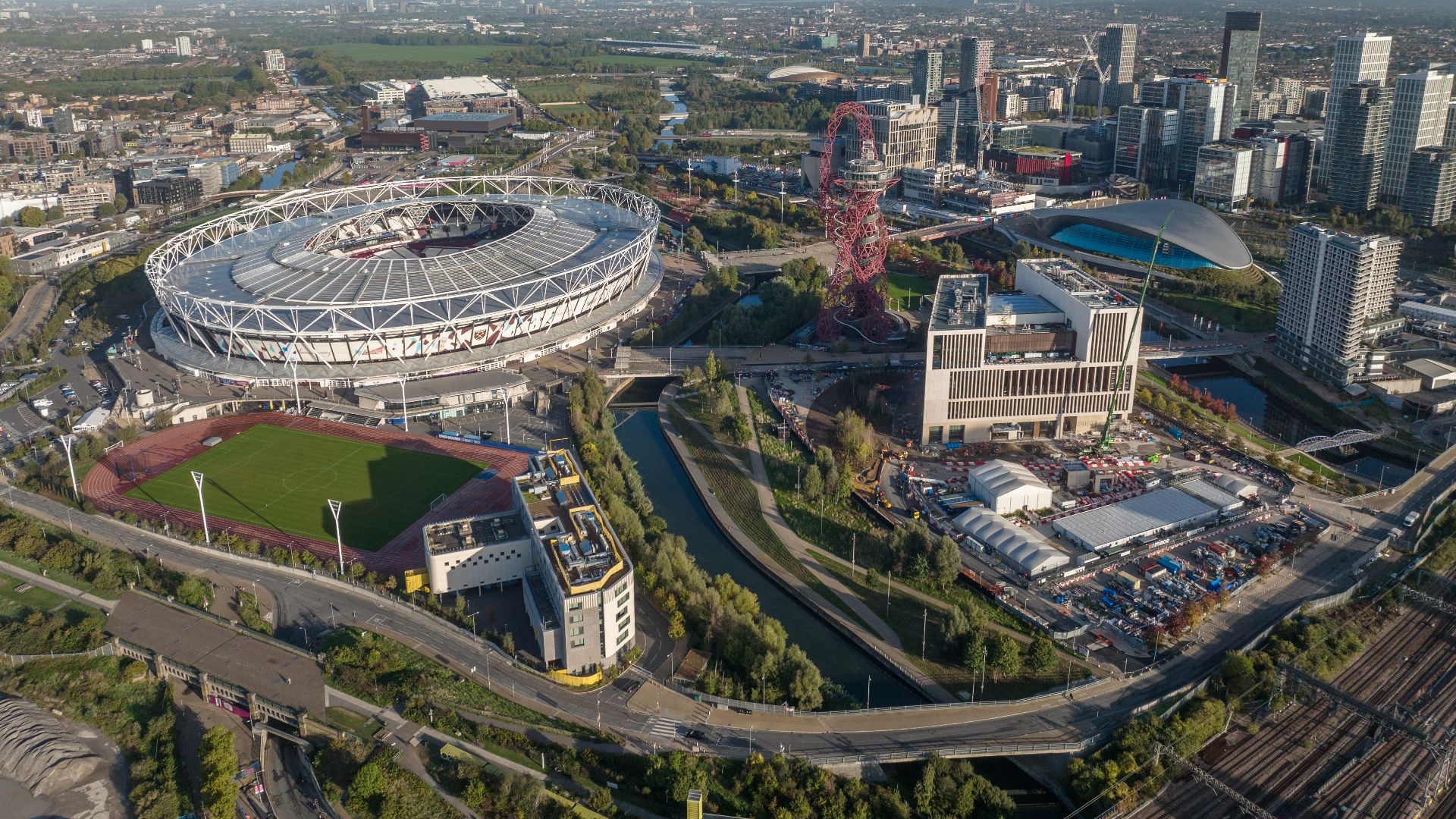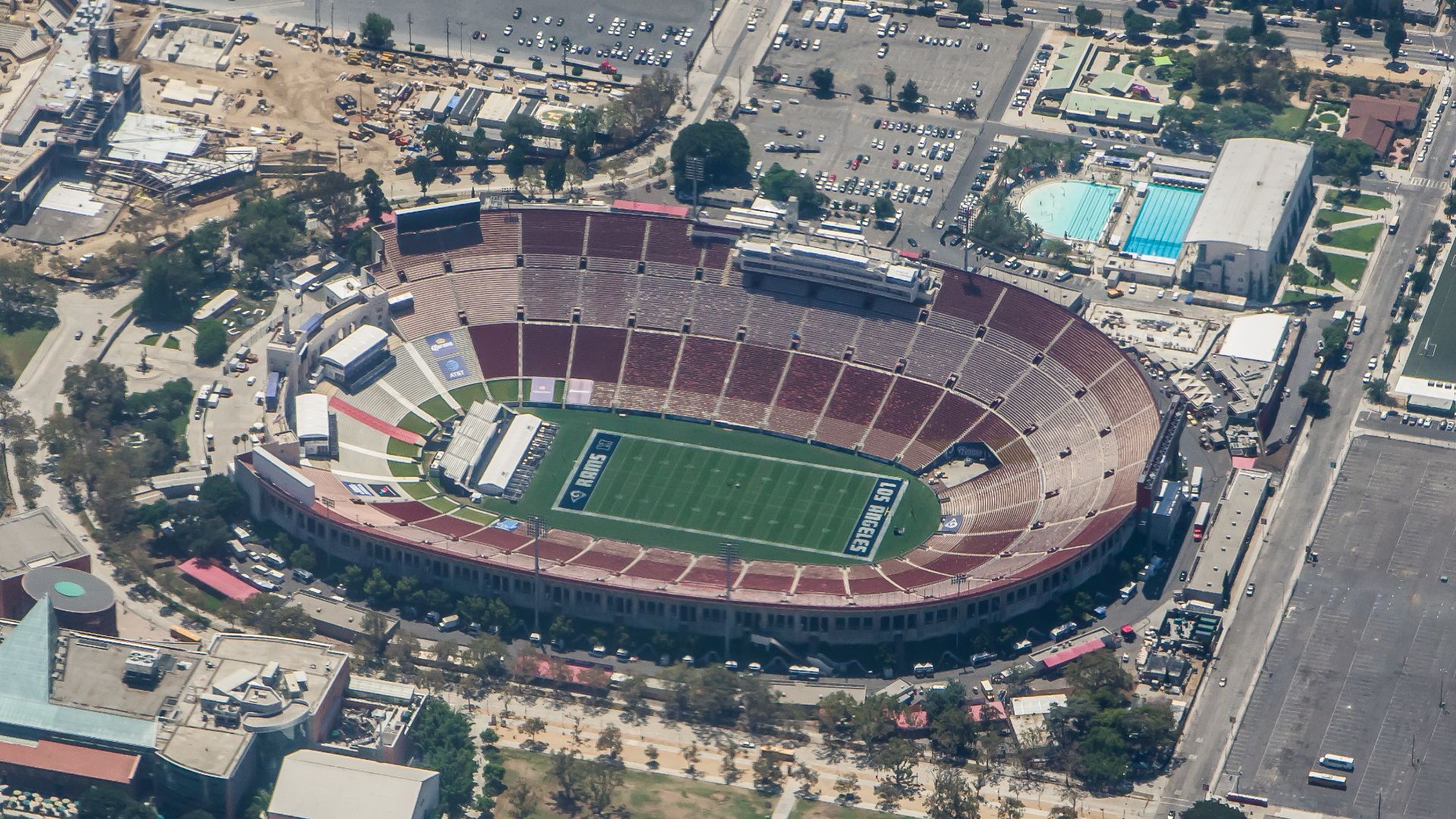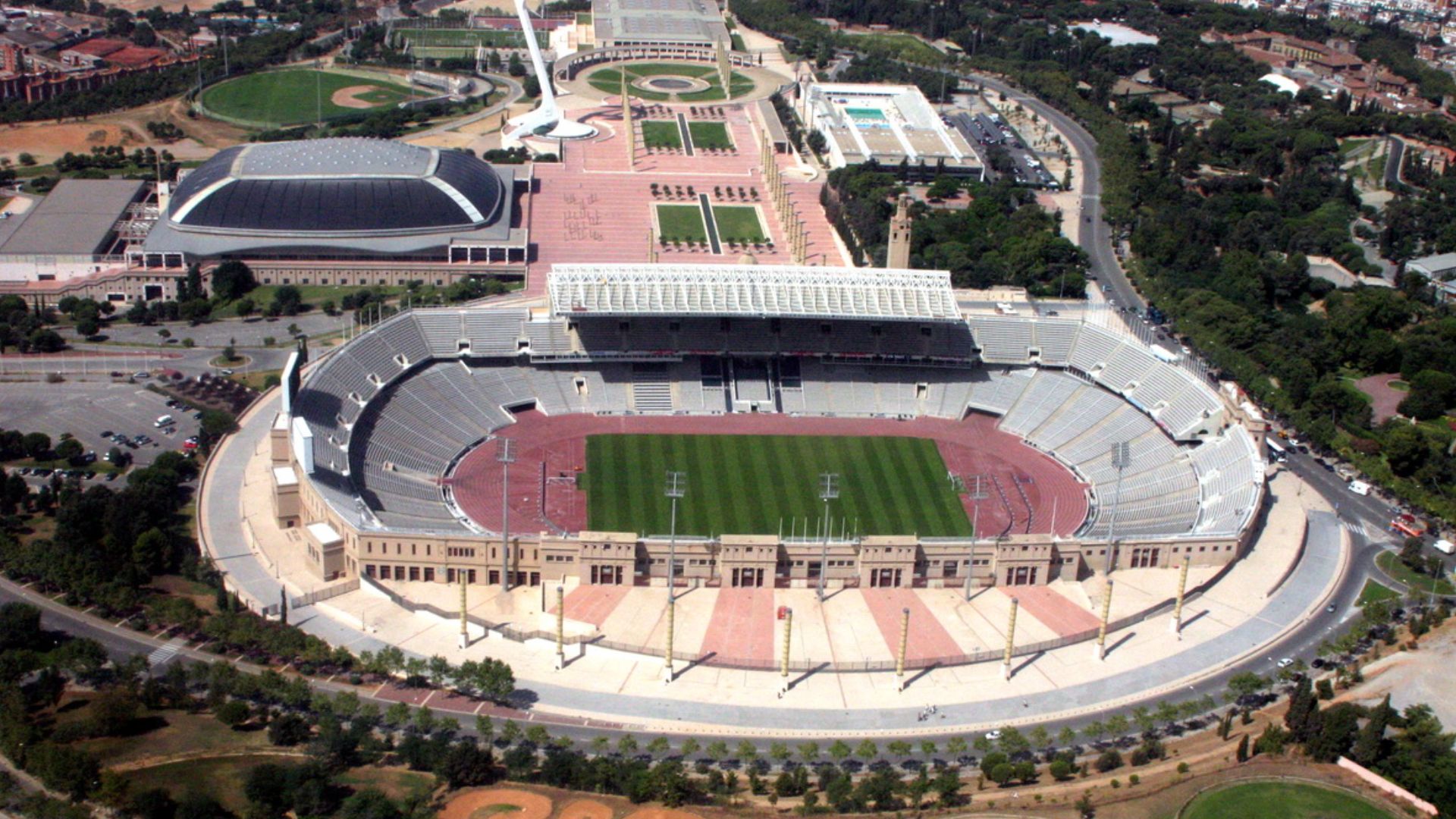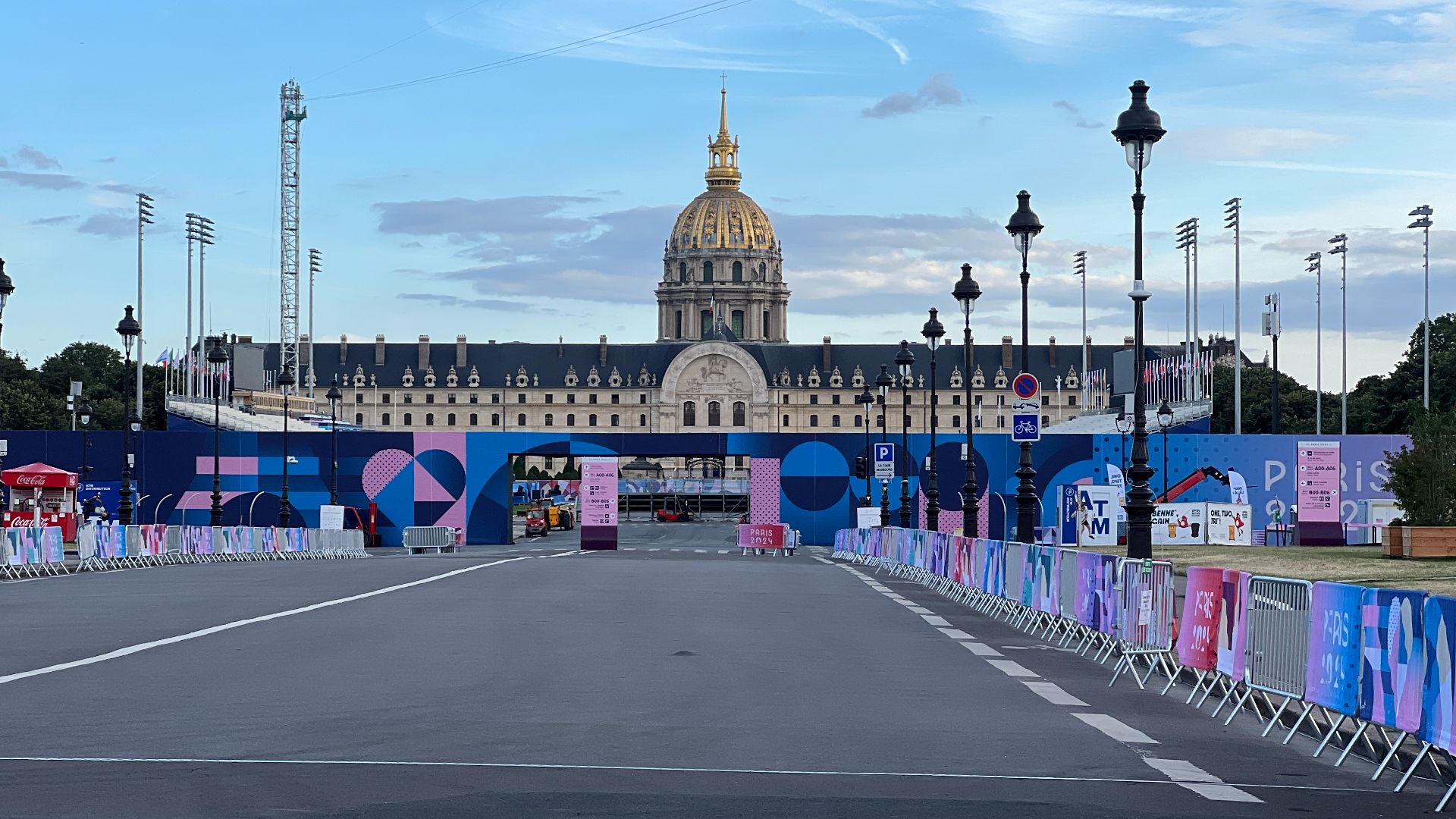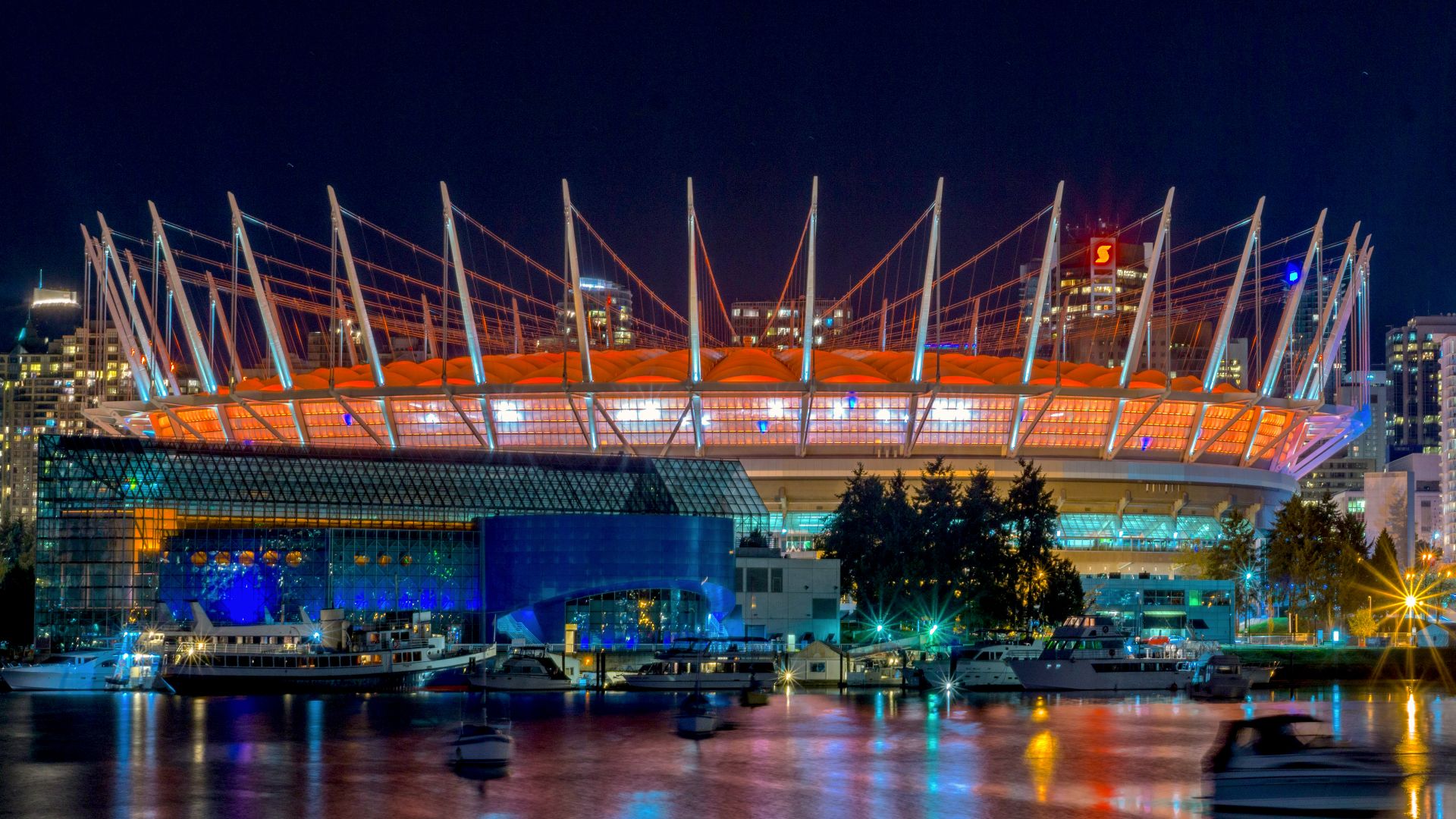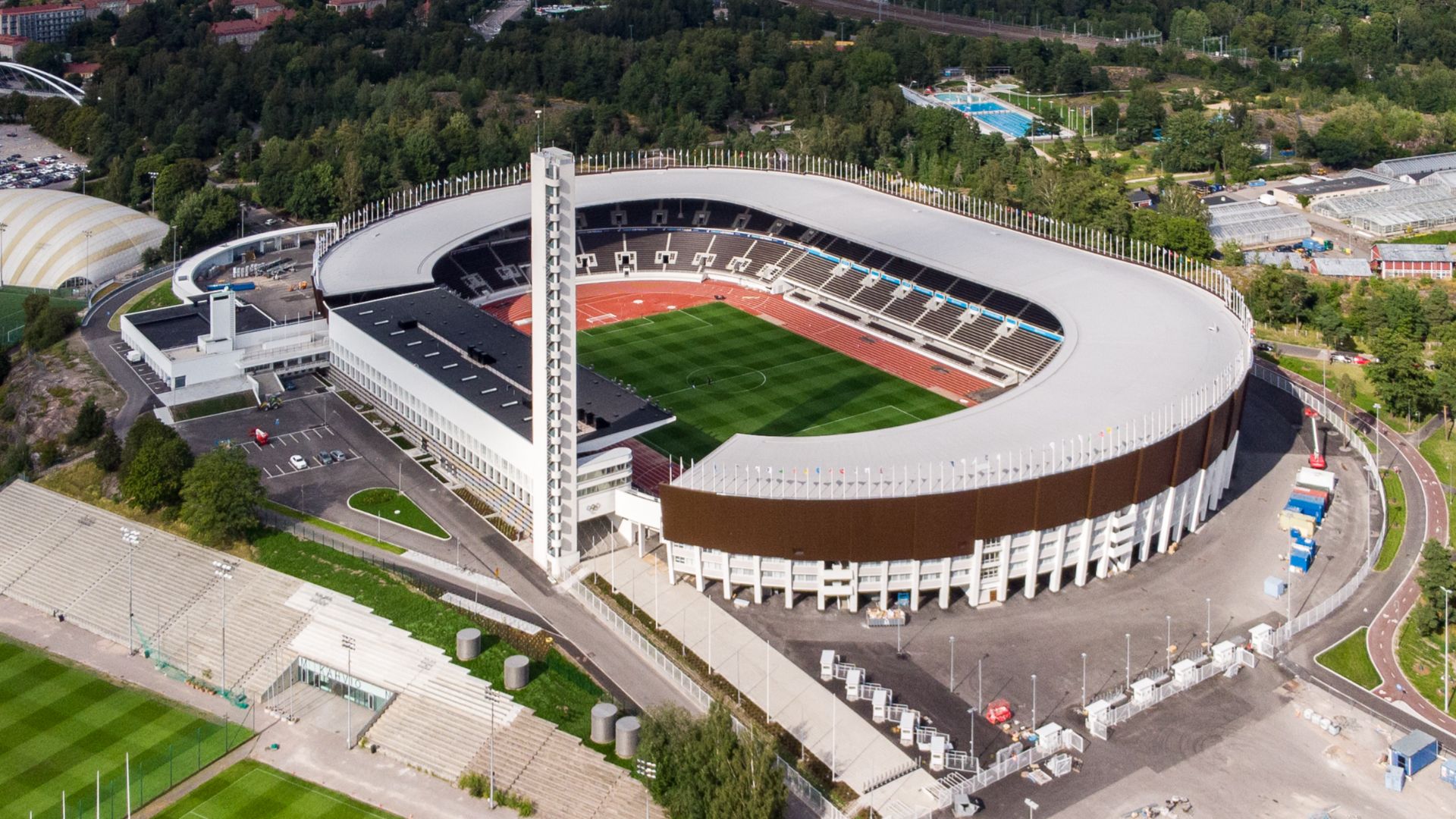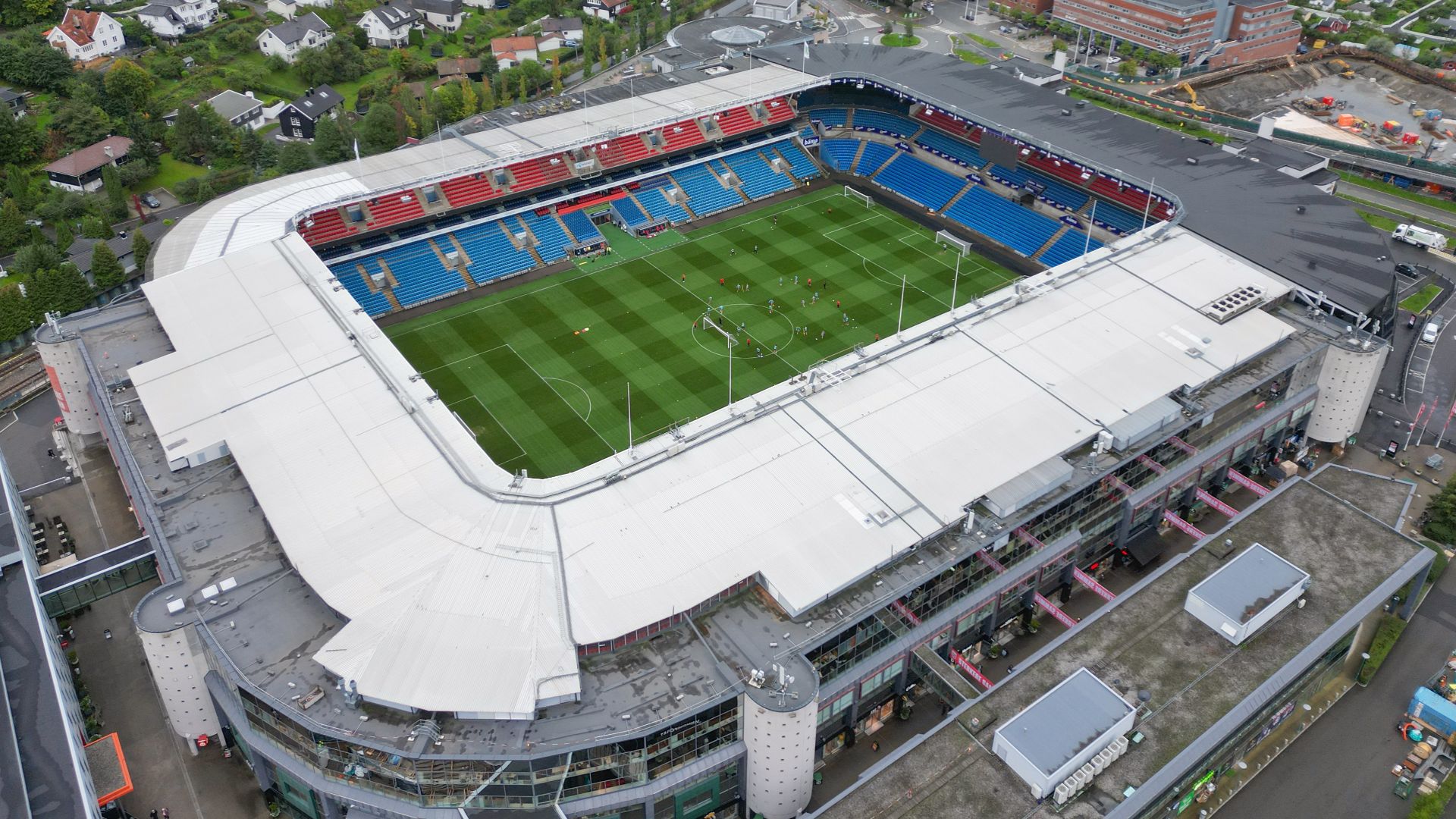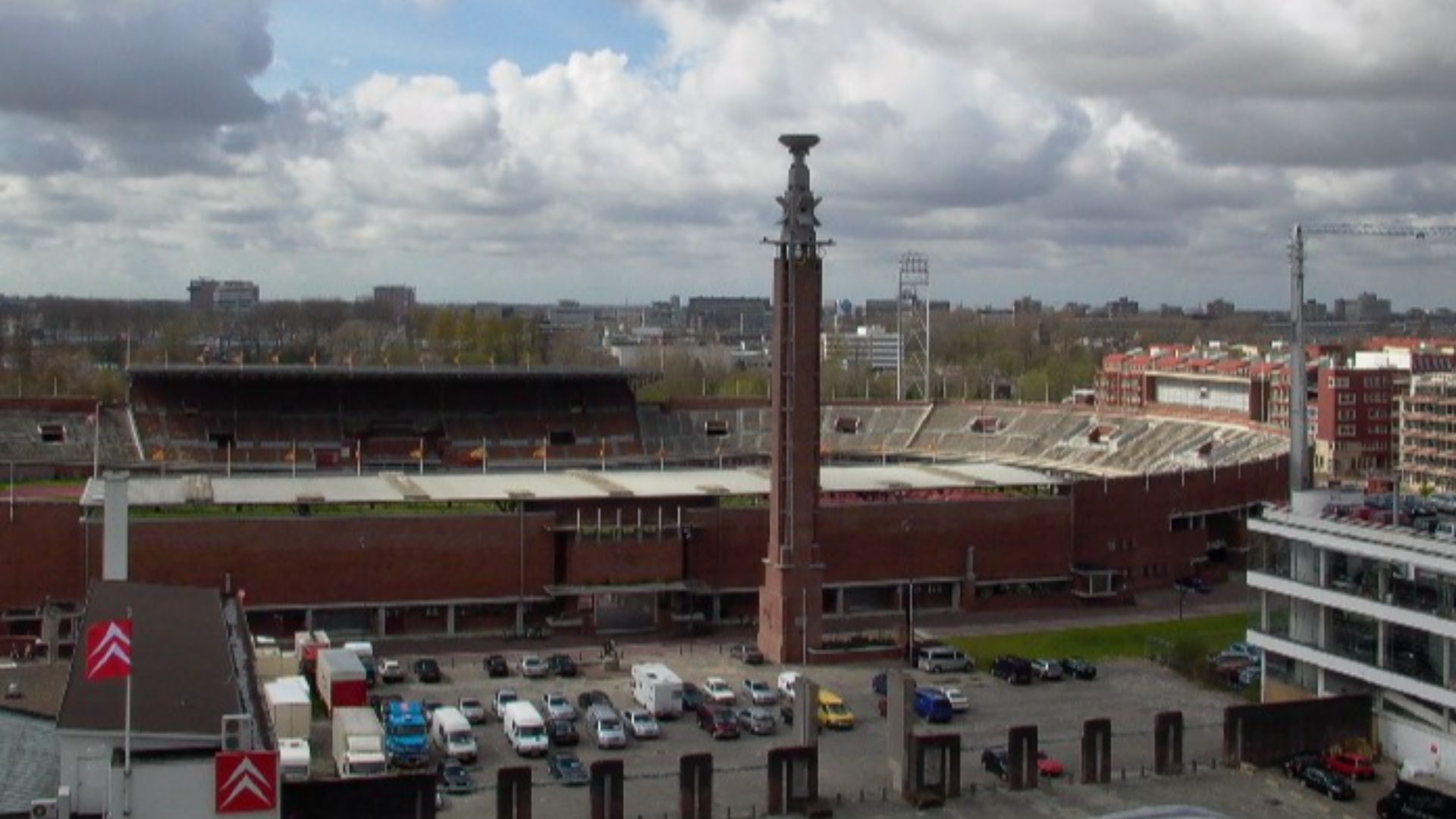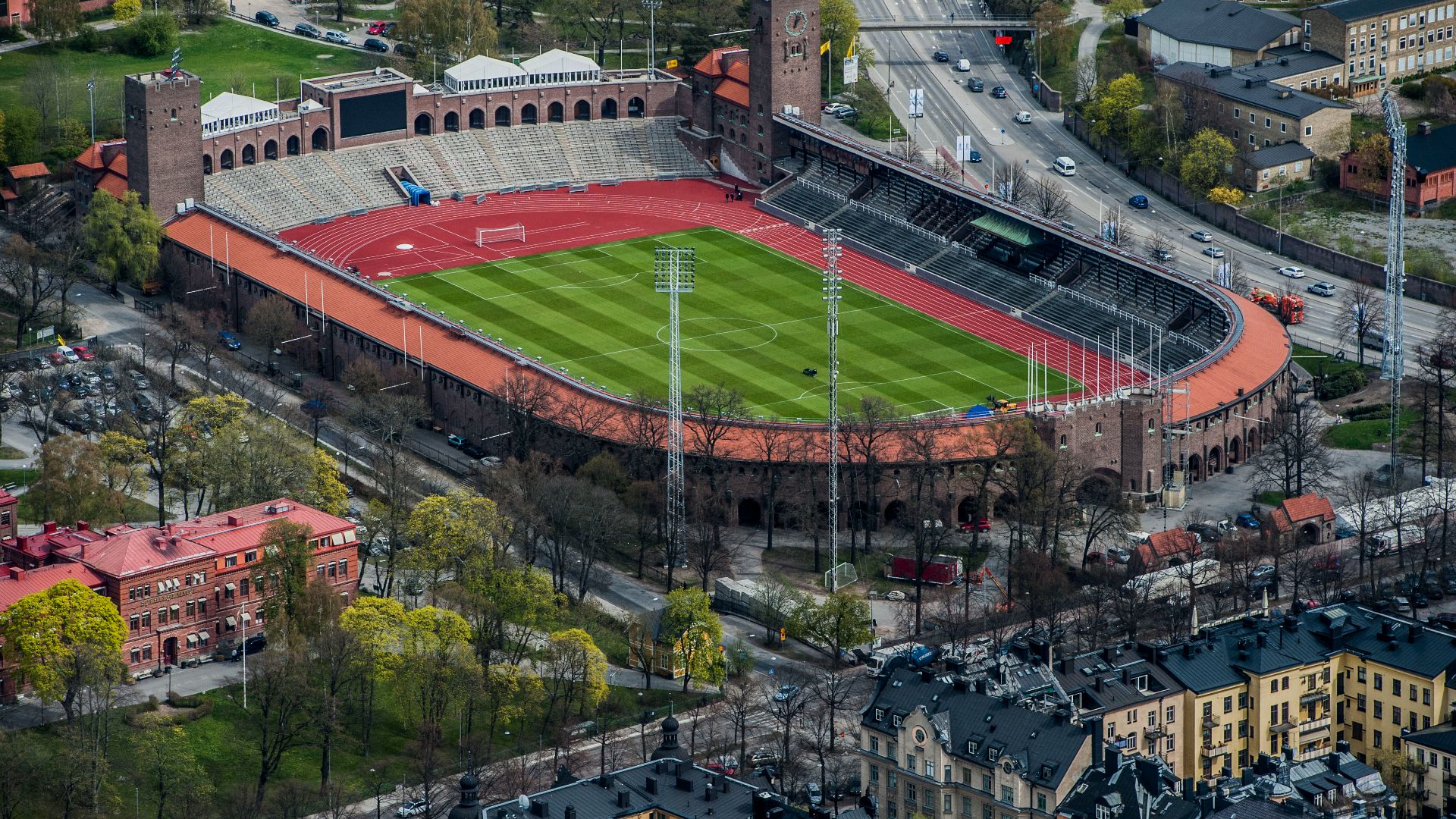The Olympic Hosting Gamble
Hosting the Olympics seems like a golden opportunity—millions watching, athletes competing, and a city in the spotlight. But not every host walks away with glory. Some turned the event into a lasting success story, while others were left with empty arenas and massive debt. In short, the Games can either polish a city’s global reputation or expose every crack in its planning. So, first, let’s take a look at ten Olympic host cities that didn’t quite stick the landing.
1. Rio De Janeiro, Brazil
Just months after the 2016 Olympics, Rio’s grand venues sat abandoned, including the Maracanã Stadium, which decayed before repairs began in 2024. Even the medals suffered—about 130 were returned due to tarnishing, cracks, and poor quality control.
2. Athens, Greece
Today's eerie abandoned Olympic venues scattered across Athens stand as silent witnesses to a costly miscalculation. The 2004 Games, meant to triumphantly bring the Olympics back to their ancient birthplace after 108 years, instead saddled Greece with massive debt.
3. Montreal, Canada
Montreal's Olympic Stadium earned its sardonic nickname "The Big Owe" through a financial debacle of historic proportions. After hosting Canada's first Summer Olympics in 1976, the facility's massive cost overruns spawned a crippling public debt that haunted the city's budgets for thirty years, until final payment in 2006.
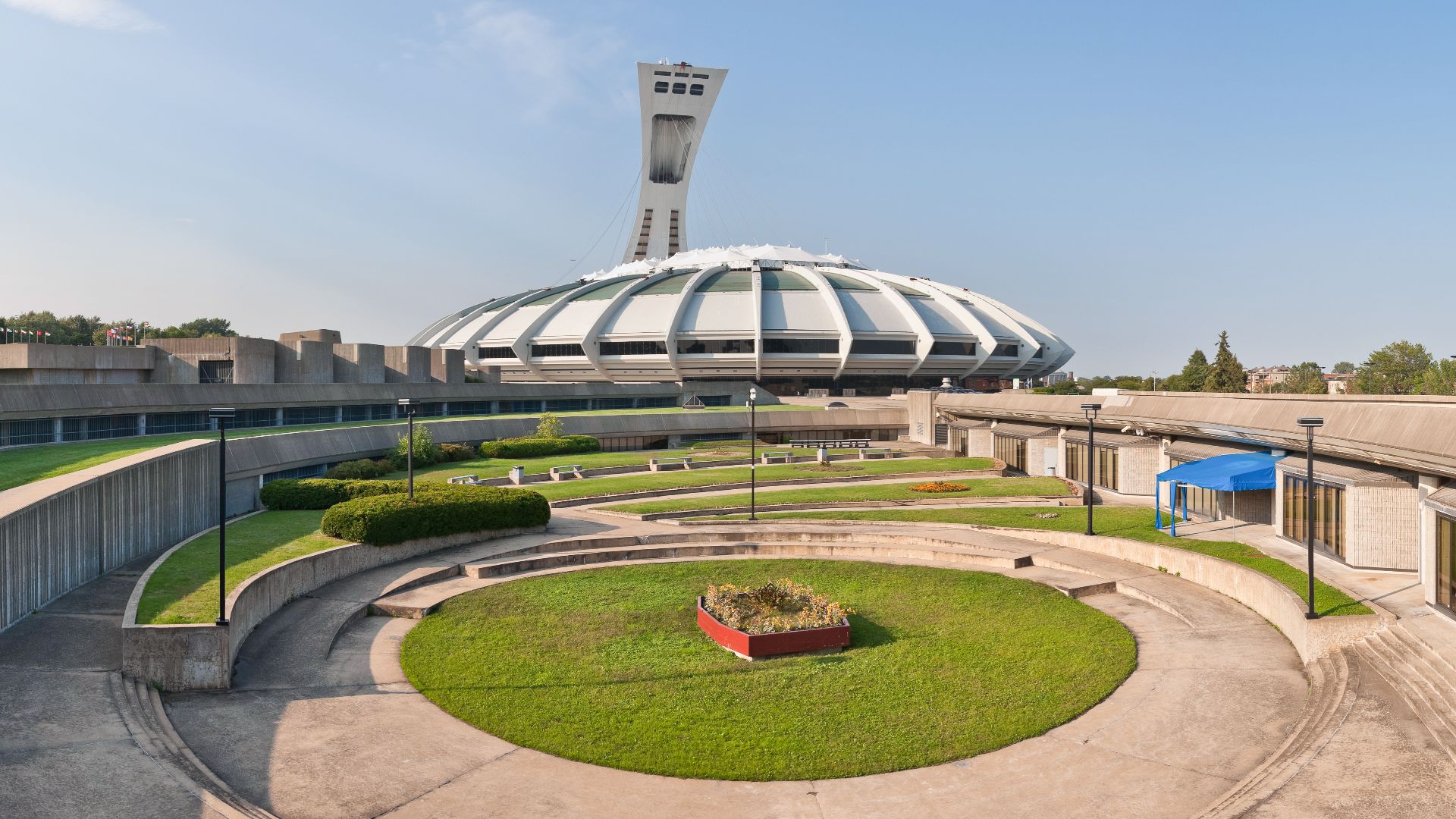 Paolo Costa Baldi on Wikimedia
Paolo Costa Baldi on Wikimedia
4. Beijing, China
Hosting the 2008 Summer Olympics demanded massive public spending and large-scale venue construction. However, many of those facilities, including the iconic “Bird’s Nest” stadium built for the Games, later struggled to find steady use.
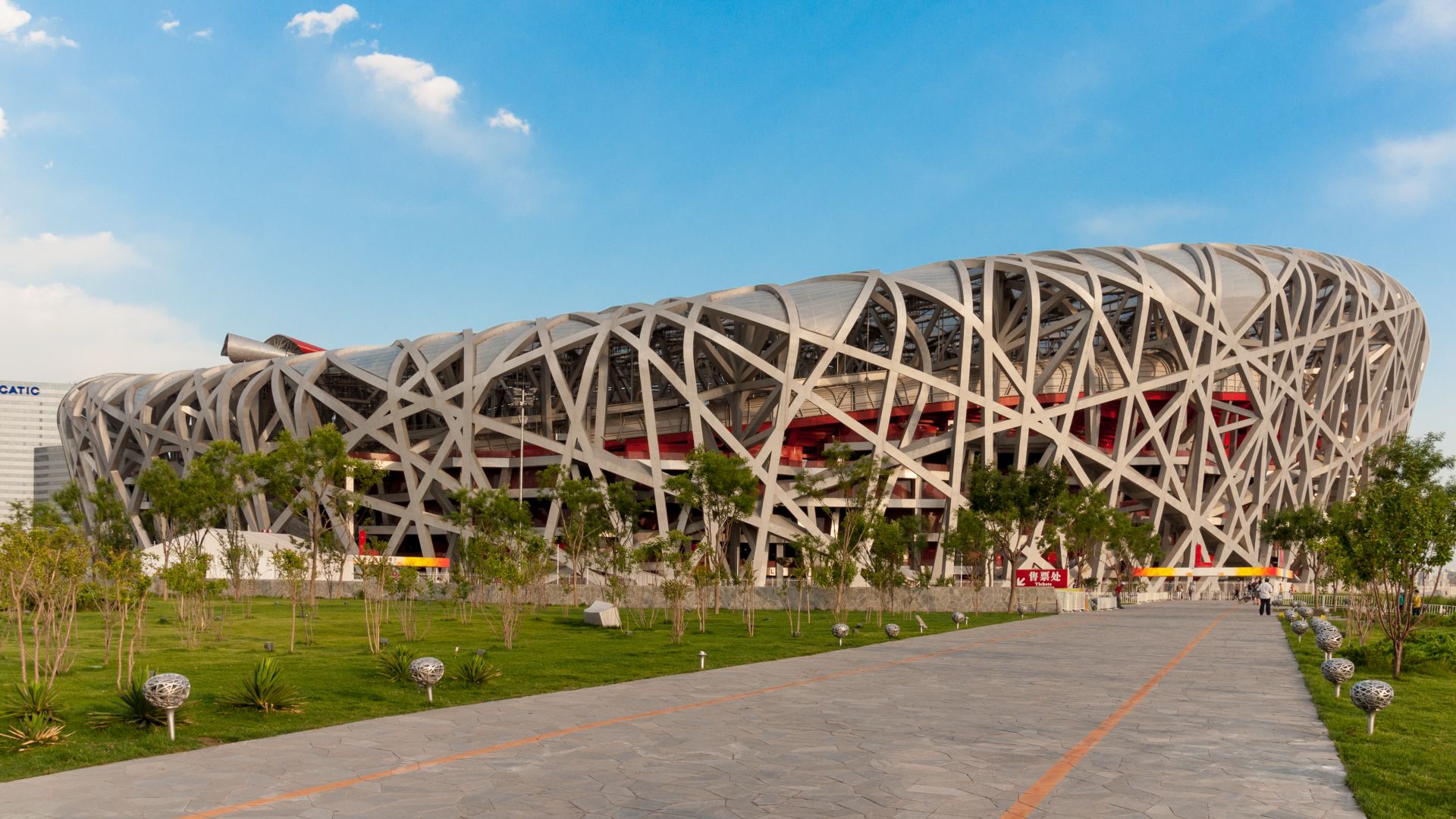 CEphoto, Uwe Aranas on Wikimedia
CEphoto, Uwe Aranas on Wikimedia
5. Sarajevo, Bosnia And Herzegovina
The Olympic venues of Sarajevo stand as silent witnesses to history's cruel turns. Built in 1984 when this socialist pioneer hosted the Winter Games, these structures embodied progress and possibility. By the 1990s, the Bosnian War errupted and these structure quickly became hollow shells.
6. Turin, Italy
Turin's massive investment in sports facilities for the 2006 Winter Olympics—Italy's second after Cortina d'Ampezzo in 1956—exemplifies the Olympic infrastructure paradox. While the Games demanded extensive new venues, these facilities later grappled with chronic underuse and maintenance burdens.
7. Atlanta, United States
The 1996 Summer Olympics marked the centennial of the modern Games and brought massive public and private investment to Atlanta. Despite celebrating this milestone, the city drew criticism for over-commercialization and poor logistics.
8. Tokyo, Japan
When COVID-19 forced the unprecedented postponement of Tokyo's 2020 Olympics—a first in modern Games history—the ripples spread far beyond the calendar shift. The city's milestone achievement as Asia's only dual Summer Olympics host unfolded in 2021 amid silent stadiums.
9. Mexico City, Mexico
In 1968, the Olympic torch reached Latin America for the first time as Mexico City took center stage. However, political turmoil and widespread protests overshadowed the celebration, leading to tense scenes before the opening ceremony. And the city’s high altitude further tested athletes.
10. Pyeongchang, South Korea
Located in the snowy mountains of Gangwon Province, Pyeongchang became the focus of global attention during the 2018 Winter Olympics. Hosting the Games demanded enormous spending on new venues and transport networks, many of which remain underused today.
Now, here are ten cities that absolutely nailed their role as a host.
1. London, United Kingdom
London remains the only city to host the modern Summer Olympics three times—1908, 1948, and 2012. The 2012 Games transformed a former industrial district into Queen Elizabeth Olympic Park, igniting East London’s revival. And as the first Olympics with an independently assessed carbon footprint, they set sustainability standards and created over 100,000 jobs and lasting tourism.
2. Los Angeles, United States
When LA introduced the first women's Olympic marathon in 1984, it wasn't just breaking gender barriers—it was sprinting toward a whole new Games model. Plus, the city's knack for turning Olympic rings into dollar signs, from 1932's surplus to 1984's corporate sponsorship revolution and venue-savvy planning, changed how the world plays host.
3. Sydney, Australia
In 2000, Sydney redefined what the Olympics could represent. Homebush Bay’s polluted landscape was reborn as an ecological marvel, showcasing environmental innovation. Besides, Cathy Freeman’s flame lighting and 400-meter victory became symbols of Indigenous pride.
4. Barcelona, Spain
Before 1992, Barcelona's waterfront lay underutilized and its 1929 Olympic Stadium dormant. Then came the transformative Games: the stadium found new life through renovation, the coast evolved into a thriving Olympic Village neighborhood, and Rebollo's flaming arrow lit both cauldron and Barcelona's global renaissance.
5. Paris, France
Paris made history as the first city to host the Summer Olympics three times—1900, 1924, and 2024. The 2024 Games set new sustainability standards, with 95% of events held in existing or temporary venues. Its 1900 edition even coincided with the World’s Fair, and 1924 inspired Chariots of Fire.
6. Vancouver, Canada
Few Olympic hosts blended progress and purpose like Vancouver in 2010. It gave rise to a sustainable community in the Olympic Village and enduring upgrades such as the Sea-to-Sky Highway and Canada Line. Moreover, the famous indigenous partnerships redefined inclusion.
7. Helsinki, Finland
Still commanding Helsinki's skyline today, the Olympic Stadium stands as a living postcard from 1952, when it hosted a remarkable Games that turned Cold War frost into Finnish warmth. Here, Paavo Nurmi's torch-lighting launched an efficiently orchestrated festival that, for the first time, welcomed both Soviet and Israeli athletes.
8. Oslo, Norway
It all started with a simple fireplace in skiing pioneer Sondre Nordheim's home, but that humble flame sparked Olympic history in Oslo 1952. From there, Norway launched the Winter Games' first-ever torch relay from Morgedal, hosting Scandinavia's first Winter Olympics.
9. Amsterdam, Netherlands
In 1928, Amsterdam shaped Olympic history with innovations that still endure. The newly built Olympic Stadium became the heart of tradition, the first flame was lit by a local electric company worker, and the inaugural parade of nations began. That year also marked women’s debut in Olympic athletics and gymnastics.
10. Stockholm, Sweden
The 1912 Stockholm Olympics marked a leap forward in global sport, as it introduced electronic timing and unveiled an Olympic Stadium still in use today. This event also united athletes from five continents for the first time, symbolizing the Olympics’ growing spirit of international connection and innovation.


